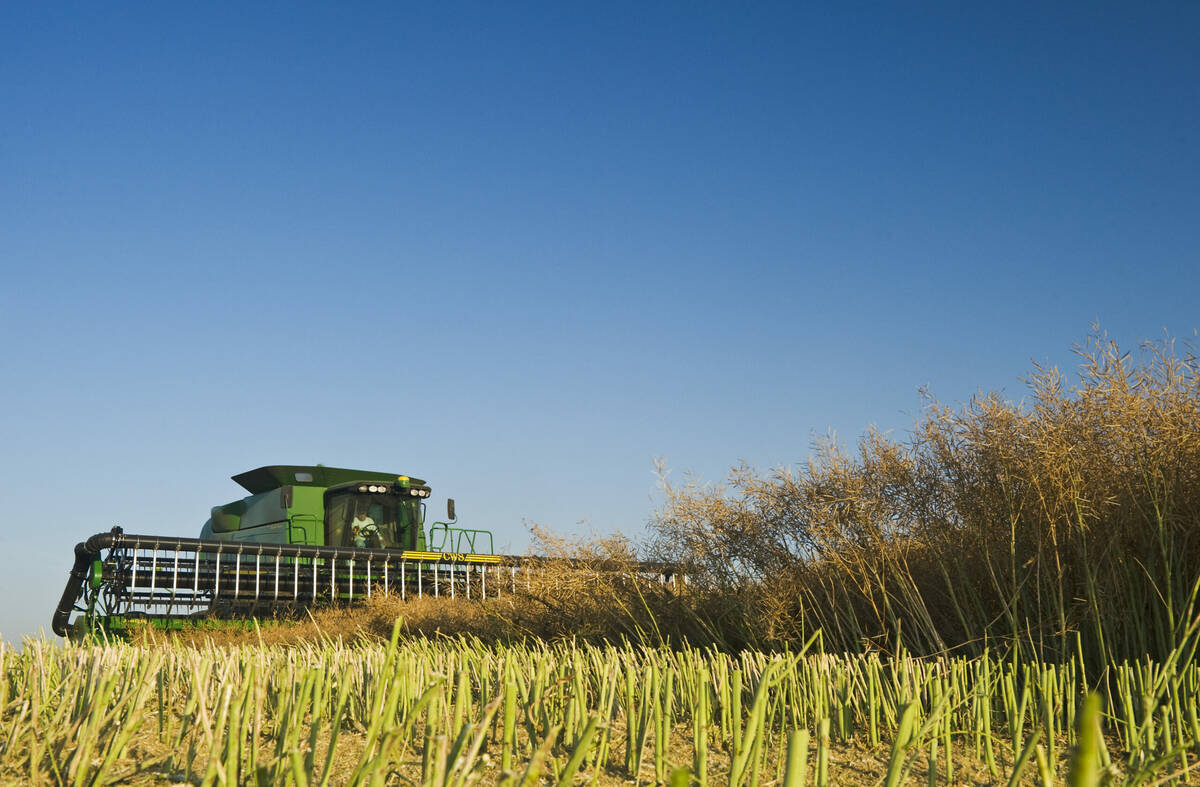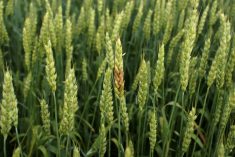AEuropean Union plan to sell 1.5 million tonnes of surplus grain in the coming months to help the bloc’s poor will weaken feed prices and lead to more offers for EU intervention subsidies, member states warned.
The EU in November agreed to sell cereals from its grain mountain to support the needy. Unusually, the sale for 2010 includes large volumes of animal feed barley, which cannot be used directly for human food but can be sold on and the proceeds used for social programs.
Austria fears the planned sale of about 900,000 tonnes of barley will weigh heavily on an already depressed global market, or that the low-quality feed will simply be resold into the EU’s intervention scheme.
Read Also

Canola growers face rising verticillium stripe threat with few options
After a severe 2025 outbreak, verticillium stripe is drawing attention at Prairie agronomy meetings as researchers warn of uncertain yield impacts and slow resistance progress.
If the barley is sold below the EU’s current intervention price of about 104 euros ($140.2) per tonne, there is nothing in the rules to stop traders selling it back into intervention or exporting it cheaply on the global market.
“Due to the intervention barley provided for by this measure there will be consequently further pressure on the barley market and further delivery notices for intervention,” Austria said in a letter, seen by Reuters, to EU governments.
Offers of barley into the EU’s intervention scheme, which allows farmers to sell grains into public stores for a minimum guaranteed price, have already reached nearly four million tonnes this season.
Vienna’s concerns were echoed by Germany, France, Denmark, Hungary and the Netherlands at a meeting of member state agriculture experts in Brussels on Monday.
The EU executive, the European Commission, admitted at the meeting that the sluggish global market for barley could see most of the 900,000 tonnes flow straight back into EU intervention stores, an EU source told Reuters.
But the commission said the grain sale for social aid agreed for 2010 was an “exceptional situation,” as barley plantings in the EU were expected to decrease in future years, and automatic EU intervention for grains would end this May.
Austria and its supporters have asked the commission to analyze carefully the possible market impact of the sale before it is finalized. One government expert said, however, there was nothing the EU executive could do now to stop the agreed sale.














